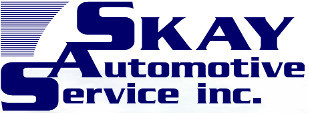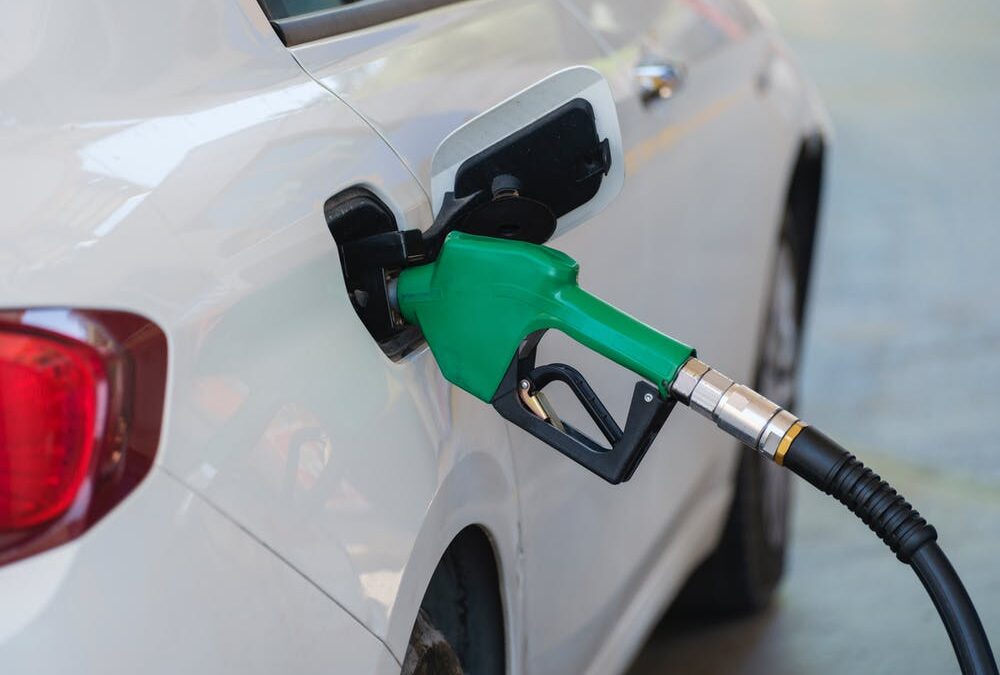Does it make a difference if you use Regular Unleaded or Premium fuel?
Regular unleaded fuel is the most common fuel used in the world. It is a highly flammable by-product of crude oil with an octane rating of 87. An octane rating is the standard measure of a fuel’s ability to withstand compression in an internal combustion engine without detonating. (“Octane rating – Wikipedia”) Regular fuel burns faster and is suitable for low compression engines that do not require a lot of power.
Premium fuel is a higher-octane gasoline which can also have added, or higher quality additives compared to regular unleaded fuel. This higher rating in octane means the fuel is better balanced and stabilized against spontaneous combustion and is typically used in high performance engines. Premium fuel averages about 20 to 40 cents more per gallon than regular unleaded fuel.
It’s a myth to think that premium fuel will clean your engine. The biggest concern with engine maintenance is carbon buildup, which can happen over time with all fuel types if you skip routine maintenance. Both types of fuel have detergents that can reduce carbon deposits to an extent, but the key to a clean fuel system is to have your car serviced professionally.
How do you know what type to choose for your car?
Check the owner’s manual. Your car’s manual will have a section specifically for fuel and it will say if it recommends or requires a certain type of fuel. Another way is to pay attention to how you use your car. If you often drive on rugged terrain, your car will perform better with premium gas because it is more resistant to combustion.
Can you just pick the cheapest one?
With gas being so high, can you switch to the cheapest one? If you are truly in a pinch, putting the cheapest gas won’t hurt your car right away but using lower octane fuel in a high-performance engine over time could eventually cause engine knock and potentially damage to the engine.
It’s important to understand that you can always use a higher-octane level of fuel, but you never want to choose a lower level then what your car owner’s manual recommends or requires.
Sources include Sun Auto Service, Firestone Complete Auto Care and Wikipedia.

